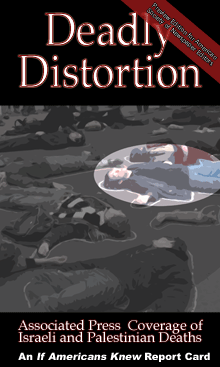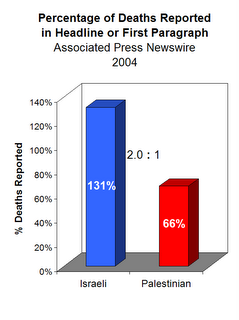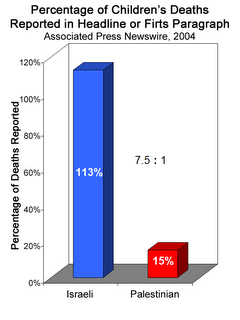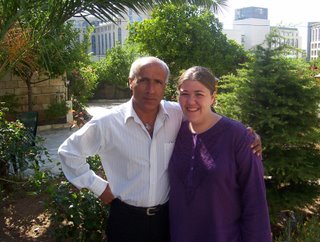In late April, Portland was graced with the presence of Jerry and Sis Levin, two people with a remarkable story. Between the two members of this husband and wife team, the Levins have decades of experience working in four different Middle Eastern countries, one PhD in peace education, eleven grandchildren, and wealth of peacemaking wisdom.
The Levins were catapulted into the international spotlight when Jerry, then working in Beirut as the CNN Middle East Bureau Chief, was kidnapped by extremists. Jerry became the first of the so-called forgotten American hostages. After eleven and a half months, Jerry was able to escape, thanks to the nonviolent reconciliation efforts of Sis, Landrum Bolling, and a team of supporters. During Jerry's captivity, each of the Levins went through deep transformations and became willing to devote their lives to the cause of nonviolence. Jerry write in his book West Bank Diary, "After my release our lives moved in dramatically new directions …We have signed on, each in our way, to struggle against both physical walls and the walls of the mind in Palestine and Israel because it's our belief that if the world can't get nonviolence "right" in the so-called Holy Land where the concept first began - then the world won't be able to get it "right" anywhere else."
Jerry and Sis Levin are currently living in the West Bank where they work to support Palestinian nonviolent resistance. Jerry is a full time Christian Peacemaker Teams member. (Dr.) Sis works in Bethlehem schools where she is implementing the world's premier comprehensive, preschool-to-university peace education program. I began my interview by asking Jerry and Sis what they would like to share with the Oregon peace community. I quickly learned that Jerry and Sis need no prompting to get straight to the heart of the mater:
Jerry: Well, I've got one [question]. Precisely what is the concern about writing about Palestine?… Why isn't there objection to the steady erosion and taking of Palestinian land,…collective punishment, extra legal assassinations, the theft of water and land in the West Bank and Gaza, the harassment of school children, the invasions of homes arbitrarily by the Israeli army, settlers interfering with the planting, cultivation, and harvesting of crops, the poisoning of the forage for the Palestine sheep and goats. Is there any objection to that by the people who object to talking about Palestine? My question to them is what about the occupation? The occupation is the elephant in the middle of the room.
Sis: I think the word "suicide" needs to be examined. I am on an educational mission of my church, the Episcopal Church, and the fact is my Christian colleges and my Israeli colleagues believe that Israel is committing suicide. The direction that Israel is going in will lead to suicide of a nation. You cannot continue to do what Israel is doing and survive, historically.
When you deal with the word suicide, generally, you want to know the why of it. The why of it seems to be a manipulation in Israel of the holocaust: This happened to us. Nobody came to help us. So, there they [Jewish settlers] are. They have fled there. They have taken up residence there in a land where people live. It was not a land without a people. That the why of it - fleeing what happened to them…and [believing] security is ensured by taking the land away from others and by keeping this iron fisted control, which won't work.
You almost never hear the why of the suicide bombings, which are relatively rare. I'd like to share with you the story of a student in a refugee camp two blocks away from where I live. The Israeli soldiers came in, as they often do, into the camp to implode her home. This was resisted by the girl, her mother, her father, and her fiancé. She was 17 years old. They killed her mother, her father, and her fiancé and locked her in the room with their bodies for three or four days. This girl came out alive and went to the terrorists and said, "Give me the explosives." Now that's the why of it.
It's cycle of violence. It's a cycle of destruction of each other. It needs to be forgotten, abandoned and something else tried. That's what we doing in Palestine with education for peace and I can guarantee that the students from kindergarten to university understand the cycle of violence. It doesn't work. It will never work. The only way out of this is through creative, constructive nonviolent resistance to this brutal occupation.
Joy: If we could back up at bit, I was wondering if both of you could describe what exactly it is that you are doing in the West Bank.
Sis: I am teaching teachers to teach the entire curriculum from the point of view of creating a nonviolent lifestyle…[The program] begins in kindergarten and it goes relentlessly through every step of cognitive development… and it works. It is disarming and children prefer it. [The program] is quite unique. It's the only one in the Middle East and there are very few in America and Europe because we have become a military society.
Joy: Jerry, can you tell us about what CPT is doing in Hebron and At-Tawani?
Jerry: We are trying to interfere nonviolently with the brutal occupation in Hebron and elsewhere in the West Bank in all of it's forms…and trying to call attention to through our writing the relentless confiscations that are taking place, the settlement in the West Bank that goes on every day, the continued building, and also the what I call the underreporting or really lack of reporting of what's going on in the West Bank and Gaza in terms of the suffering of the Palestinian people. These kinds of actions are what I say are taking place behind the radar of mainstream media coverage in the West.
Joy: So what would you describe as the state of Palestinian nonviolent resistance?
Jerry: The state of Palestinian nonviolent resistance is massive. It monumental…The type of resistance is Palestinians simply refusing to leave, simply to get up and go, simply to stand by silently while thousands of their men, women and children are thrown in prison. The fact that Palestinian resistance hasn't erupted into a violent war of defense is one of the great miracles of the 50 or 60 or 100 years.
What the Palestinians have to fight against is what they call the normalization - to not simply accept the occupation, but try to withstand it… they continue to try to get their story told and it's a heartbreaking process for them because there is little or no interest in conventional sources of information in the Western world.
Sis: What is being done to the Israelis is important to look at in the way that is not being looked at. I think that you could characterize it as child abuse. When I see, as I often do, [Israeli setter] children carrying signs saying, "Kill all the Arabs" That is child abuse. If you love Israel you will speak out about this because they are committing suicide themselves.
What we are asking [in Bethlehem] is, "if it were over tomorrow who are we? Is what is happening to Israel going to happen to us? They suffered the holocaust and they came out and this is how they are behaving. God forbid that after all of our suffering that we should behave like that, that we should buy into the idea that the only security in this world is to take away from somebody else and keep them under iron-fisted occupation." This is our critical discussion. It isn't simply end the occupation but who are we as a people and what have we learned.









